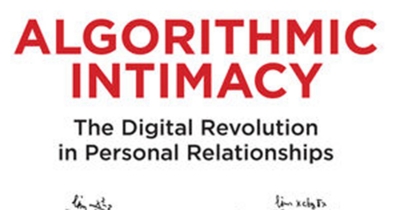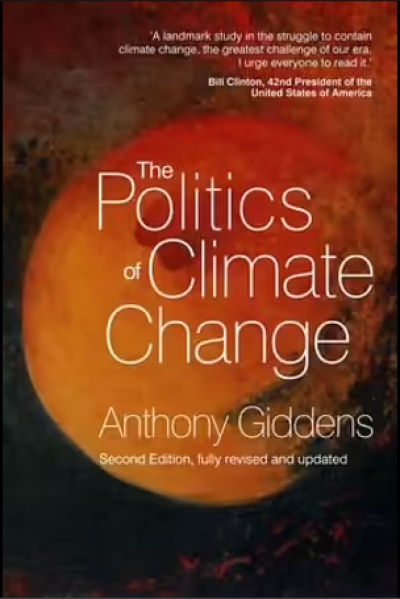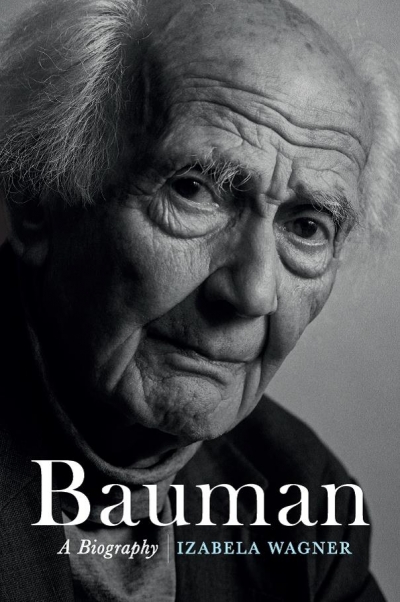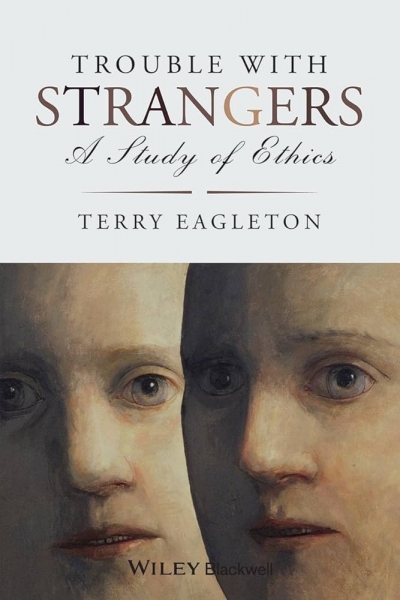Anthony Elliott
Algorithmic Intimacy: The digital revolution in personal relationships by Anthony Elliott
by Judith Bishop •
Letters to the Editor - March 2007
Dear Editor,
I welcomed Barry Jones’s feisty response (February 2007) to my review of his autobiography, A Thinking Reed (December 2006–January 2007). Such autobiographies, the reviews and the commentaries on them are the first drafts of history, and such debates will be valuable to later and more dispassionate historians. Apart from some sardonic barbs, which I may well deserve, he seems to have only one substantive quarrel with the review and that is with my critical assessment of his performance as science minister in the Hawke government.
... (read more)The Life of I: The new culture of narcissism by Anne Manne
by Anthony Elliott •
Trouble With Strangers: A study of ethics by Terry Eagleton
by Anthony Elliott •
Making the Cut by Anthony Elliott & Skintight by Meredith Jones
by Katie Wright •
The Contemporary Bauman edited by Anthony Elliott
by Anthony Moran •
The Cosmopolitan Vision by Ulrich Beck, translated by Ciaran Cronin & Power in the Global Age by Ulrich Beck, translated by Kathleen Cross
by Anthony Elliott •









